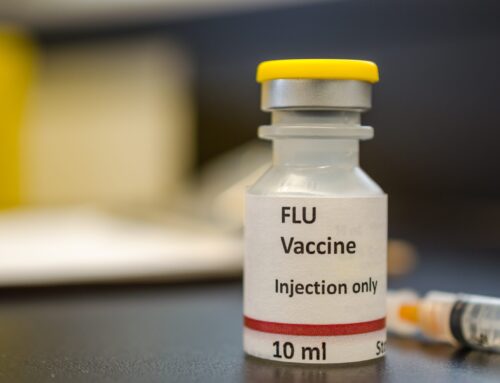If you’ve ever wondered why hormone therapy (HT) has been such a controversial topic, much of the debate traces back to one landmark study: the Women’s Health Initiative (WHI), launched in the 1990s. The WHI made headlines around the world in 2002, causing millions of women to abruptly stop taking hormones. But as researchers dug deeper, it became clear that the story was far more complicated than what the headlines suggested.
The Design of the Study
The WHI was designed to look at the long-term effects of hormone therapy on chronic disease prevention. But there were a few critical issues:
- Age of participants: The average woman enrolled was 63 years old—more than a decade beyond the average age of menopause. Many had underlying cardiovascular risk factors. This doesn’t reflect the women who typically start HT during the menopausal transition, around age 50.
- Type of hormones used: The study only looked at conjugated equine estrogens (Premarin®) combined with medroxyprogesterone acetate (Provera®). These are not identical to the body’s natural hormones, yet the results were generalized to all hormone therapy.
- Primary goal: The trial was designed as a disease-prevention study, not a symptom-management study, so the population and outcomes didn’t match how HT is usually used in real life.
What the Headlines Got Wrong
When the first WHI results were released in 2002, the media focused heavily on increased risks of breast cancer, heart disease, stroke, and blood clots. What was left out was just as important:
- The absolute risks were small (e.g., 8 additional breast cancers per 10,000 women per year).
- Younger women (ages 50–59) actually had reduced overall mortality and cardiovascular benefits when starting HT earlier.
- There were significant benefits, including lower risk of colon cancer, hip fractures, and diabetes, along with better quality of life for symptom relief.
Because these nuances were lost in translation, doctors and patients panicked. Millions of women were taken off hormones overnight, often without alternatives for severe hot flashes, sleep disturbances, or bone protection.
What We Know Now
Two decades later, re-analysis of the WHI and newer studies have clarified the picture:
- Timing matters: Starting HT within 10 years of menopause or before age 60 is generally considered safe and can provide cardiovascular and bone health benefits.
- The type of hormone matters: Bioidentical estradiol and micronized progesterone appear to have a different (often safer) risk profile than the older drugs tested in the WHI.
- Personalization is key: HT isn’t right for every woman, but it can be life-changing for many when used thoughtfully and monitored closely.
My Perspective as a Patient Advocate and Clinical Scientist
As someone who works at the intersection of science and patient care, I see the ripple effects of the WHI study every day. Women still come to me afraid of hormones because of what they heard decades ago, while struggling silently with symptoms that disrupt sleep, work, relationships, and long-term health.
The truth is: the science has evolved. When we look closely, the WHI didn’t prove that all hormone therapy is dangerous—it proved that age, timing, and formulation matter. For the right woman, started at the right time, hormone therapy can improve quality of life and protect long-term health in ways no other therapy can fully match.
My role as a patient advocate is to help women cut through the noise, understand the evidence, and make informed choices in partnership with their clinicians. No two women have the same history, risks, or goals—and hormone therapy decisions should reflect that individuality.
The Takeaway
The WHI changed the conversation on hormone therapy—but not always in the right ways. The initial panic overshadowed the benefits and led to decades of fear around treatment. Today, expert groups like the North American Menopause Society (NAMS), the Endocrine Society, and ACOG emphasize that hormone therapy is a safe and effective option for healthy women in early menopause, when tailored to individual needs.
If you are navigating menopause and wondering whether hormones might be right for you, know that the decision should be based on your age, health history, and goals—not outdated headlines.






Leave A Comment